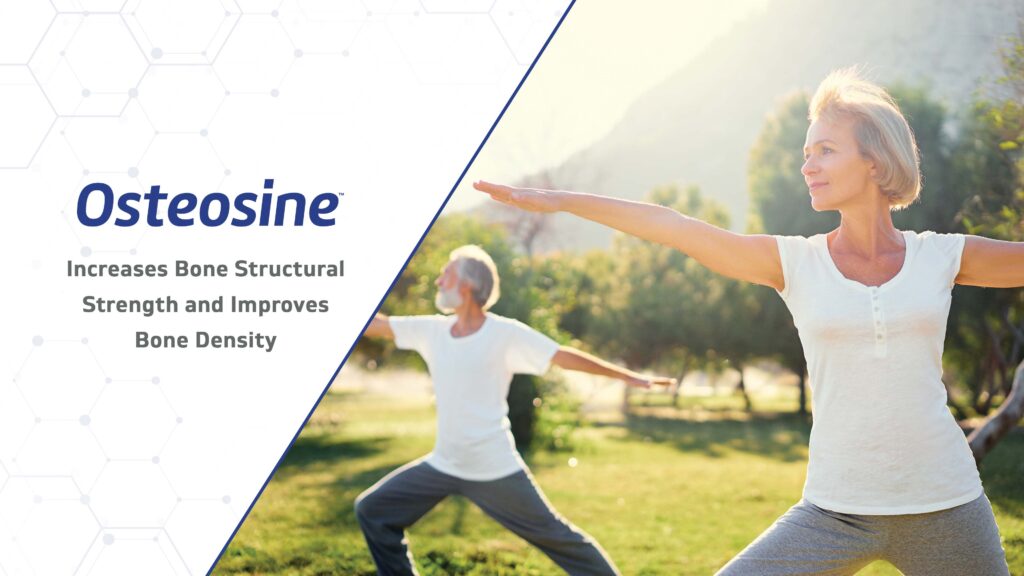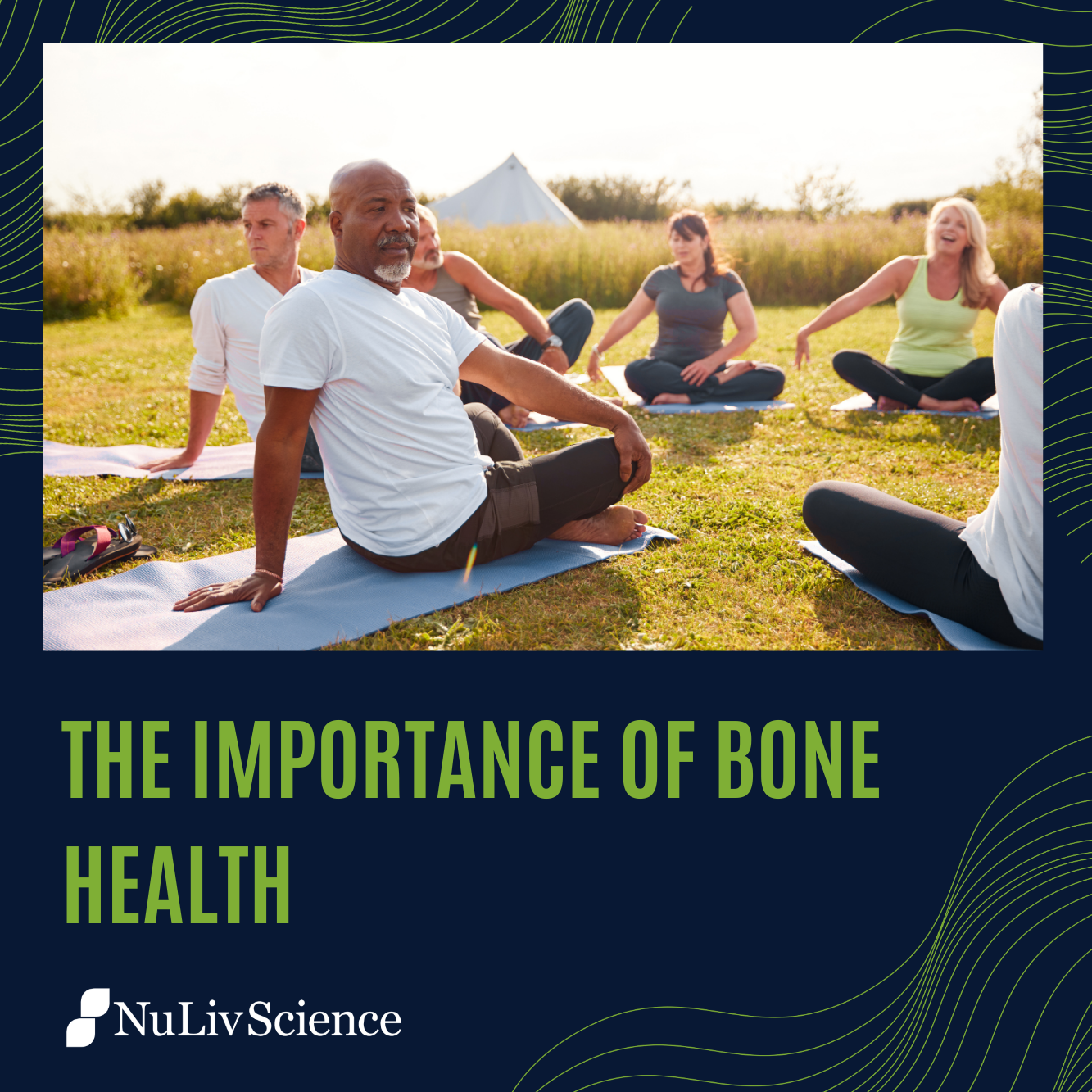Bone health is often overlooked, yet it plays a crucial role in our overall well-being. Beyond providing structural support, strong bones are essential for various bodily functions and can influence our quality of life. In recent years, scientific research has unveiled fascinating connections between bone health and other aspects of our health. Let’s explore these relationships and understand why prioritizing bone health is crucial.
The Role of Bones Beyond Structure
Bones are more than just a framework for our bodies. They serve as a reservoir for essential minerals, such as calcium and phosphorus, which are vital for numerous bodily functions. These minerals play a role in everything from muscle contraction and nerve transmission to blood clotting.
Moreover, bones are actively involved in the production of blood cells. The marrow within bones contains stem cells that differentiate into various blood cell types, including red blood cells (carrying oxygen), white blood cells (fighting infection), and platelets (essential for clotting).
The Link Between Bone Health and Overall Well-being
Research has highlighted the interconnectedness of bone health with other aspects of our health. For example, studies have shown that individuals with weaker bones are at a higher risk of experiencing certain health challenges. Read more about the specific risk factors and health issues here. This information explains further that bone health may be a valuable indicator of overall well-being.
Factors Affecting Bone Health
Several factors influence bone health, including:
- Diet: Adequate intake of calcium, vitamin D, and other essential nutrients is crucial for bone development and maintenance.
- Physical activity: Weight-bearing exercises, such as walking, running, and dancing, help stimulate bone growth and strengthen bones.
- Hormones: Hormones like estrogen and testosterone play important roles in regulating bone metabolism. Hormonal changes, such as those that occur during menopause or andropause, can affect bone density.
- Genetics: Hereditary factors can influence bone density and the risk of bone-related issues.
- Lifestyle factors: Smoking, excessive alcohol consumption, and certain medications can negatively impact bone health.
Understanding Bone Remodeling
Throughout our lives, our bodies continuously undergo a process called bone remodeling. This process involves three main phases:
- Resorption: Old bone tissue is broken down by specialized cells called osteoclasts.
- Reversal: A single nucleus cell appears on the bone surface to regulate the remodeling process.
- Formation: New bone tissue is created by osteoblasts.
The goal of bone remodeling is to ensure the strength and health of our skeleton. This process occurs throughout our lives, but the pace at which each phase works varies depending on age and other factors.

Osteosine™: A Natural Approach to Bone Health
In addition to the lifestyle factors discussed earlier, there are natural ingredients that can support bone health. One such ingredient, used in various products and supplements is Osteosine™.
Osteosine™ has shown pre-clinically to support the “bone formation” process while decreasing the “bone resorption” process. This means more new bone is being built while less old bone is being dissolved. These studies also demonstrated an increase in bone structural strength through the width and weight of the trabecula, the “beams” that provide the structural support for the bone, which is critical to bone strength.
Osteosine™ has been studied in both in vitro (laboratory) and in vivo (animal) models. Multiple studies have demonstrated its potential to promote bone density and structural strength when combined with proper diet and regular exercise. By incorporating healthy lifestyle habits, considering natural supplements like Osteosine™, and consulting with a healthcare professional, you can take proactive steps to protect your bones and enhance your overall well-being.
Remember, consulting with a healthcare professional is essential for personalized advice on bone health and supplementation.
